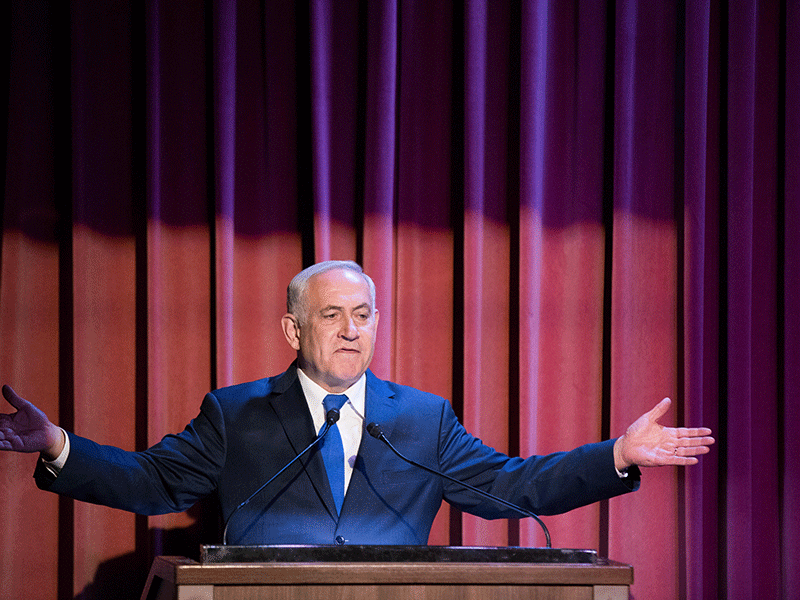Had Israeli Prime Minister Benjamin Netanyahu not called for early elections in December 2018, the 20th Knesset might have spent the summer winding down its business ahead of a national vote to be held, by law, no later than Nov. 5, 2019. But after last week’s vote to dissolve the 21st Knesset, Israelis are now set to go the polls for the second time before that date even arrives on the calendar. It seems some people might have taken the phrase “vote early, vote often” a little too literally.
Nonetheless, it’s election season in Israel once again, even if at this juncture it’s hard to see how the results on Sept. 17 might differ from those on April 9. Opening polls show Netanyahu’s Likud party still neck and neck with the Blue and White party. If Bibi receives support from the usual right-wing, religious parties, he’s likely to emerge once more as the frontrunner to form a coalition, at which point he would quite likely face another run-in with Avigdor Liberman, the leader of the secular Yisrael Beytenu, who quashed Netanyahu’s coalition efforts this time around. By all accounts, Liberman is planning to double down on that strategy, and without him, we could very well be right back at square one.
What might Netanyahu do if faced with the same Liberman roadblock? News reports indicate that various Blue and White Knesset members were approached to switch parties with promises of various political appointments. In the frantic days and hours before the Knesset disintegrated, Netanyahu even held coalition talks with Labor leader Avi Gabbay. The prime minister was apparently unable to sway even a single MK to his side.
But perhaps they might next time. Or Naftali Bennett, whose New Right party failed to reach the voter threshold in April, could have better luck in new elections, further fragmenting the right. (Bennett might have voiced the most mature reaction to the Knesset’s dissolution: “It’s not good that Israel has repeat elections,” he said, “but it’s an opportunity to come back smarter, more serious and more modest.”) Or Ayelet Shaked, Bennett’s former running mate, might join the Likud, boosting its chances. Or Labor, facing a new leadership race, could merge with Meretz to form a left-wing bloc, possibly joined by the Arab parties (which have agreed to run together this time, after splitting up prior to the last election). Or Blue and White could join with Likud to form a super-coalition. Or… well, you get the point.
READ: FROM YONI’S DESK: STOP CALLING PEOPLE KAPOS
Israeli politics are always wild. You never know what to expect. No one thought we’d be where we are today – the first time in Israeli history that a prime minister was unable to form a working coalition, the first time Israelis will hold national elections twice in the same calendar year – and at the centre of it all, as ever, stands Benjamin Netanyahu.
The general consensus among political experts is that the prime minister has his back against the wall, his power slipping away (and without the immunity law he hoped to receive from his coalition). That may be so, but it wouldn’t be the first time. Who’s betting against him now?
